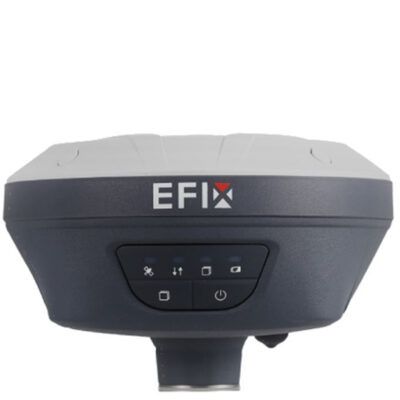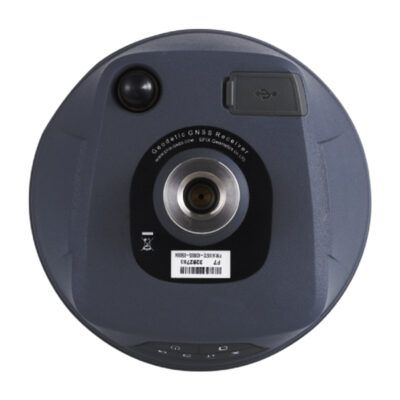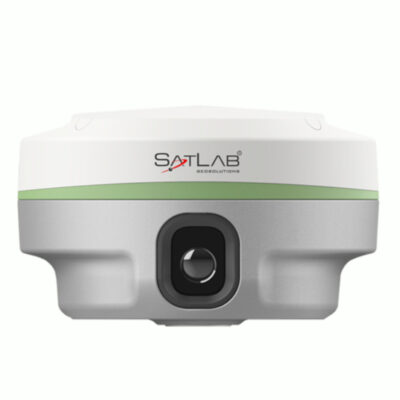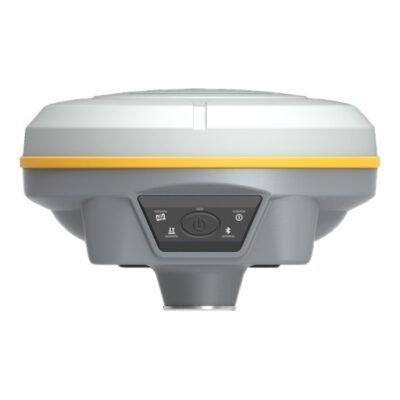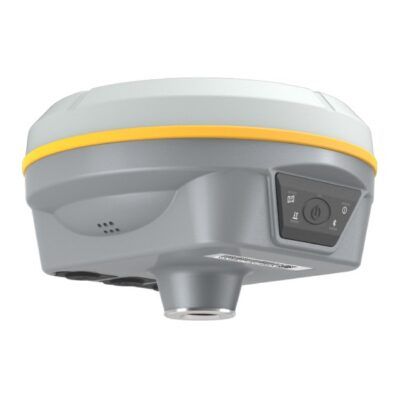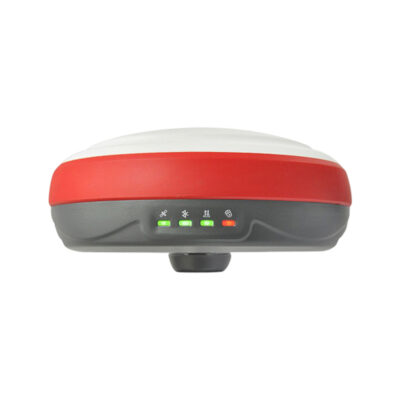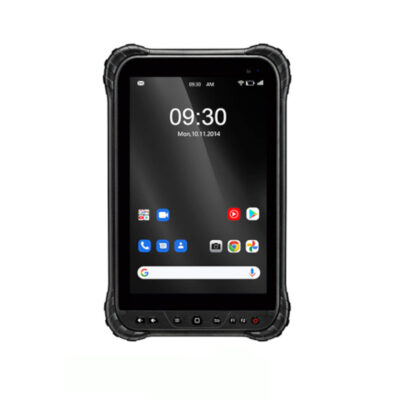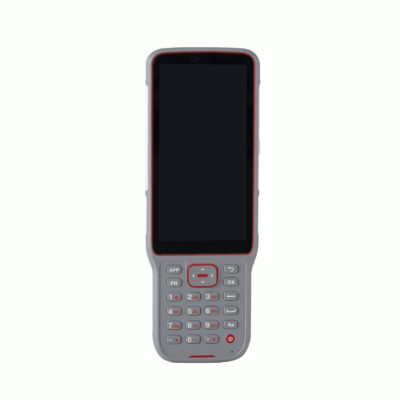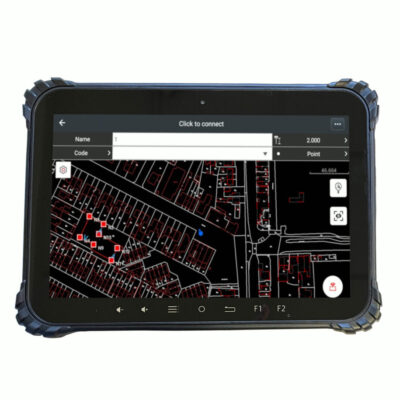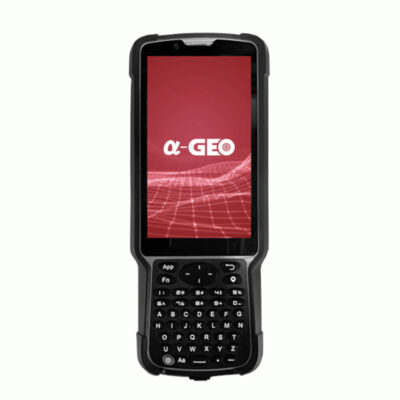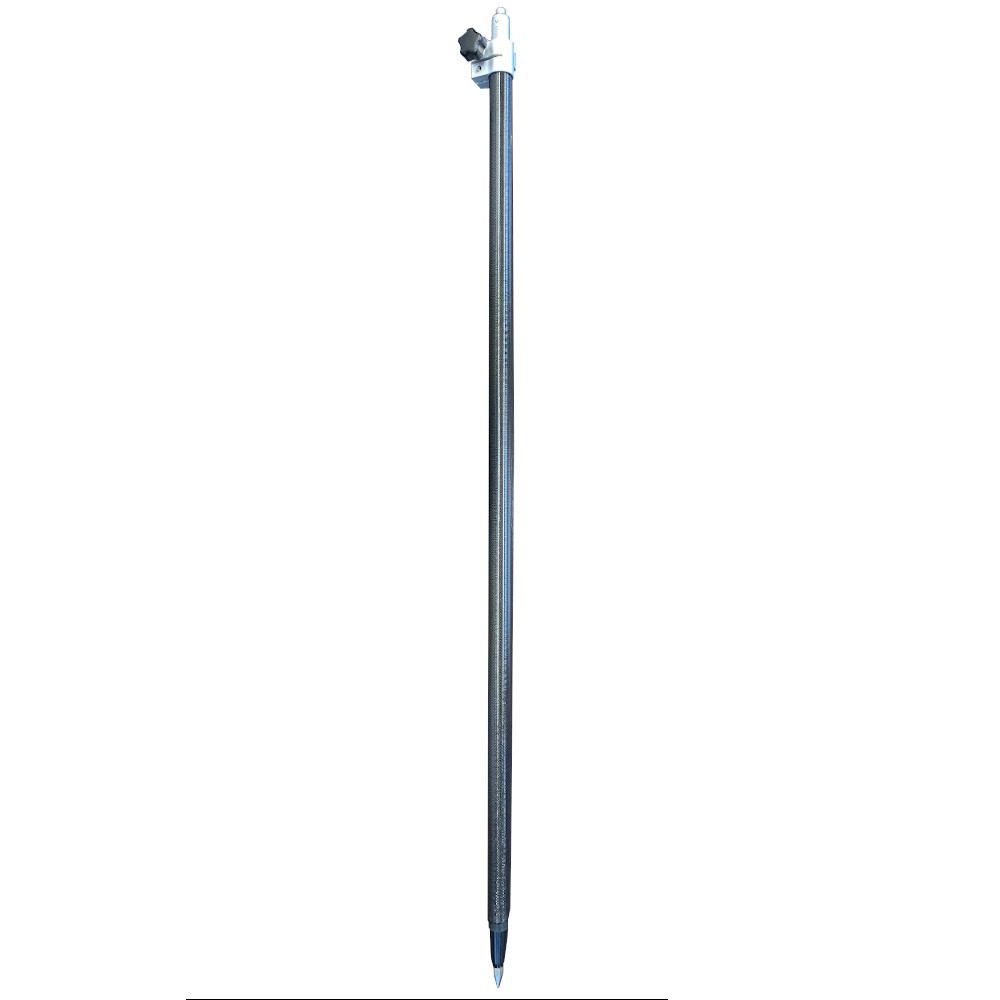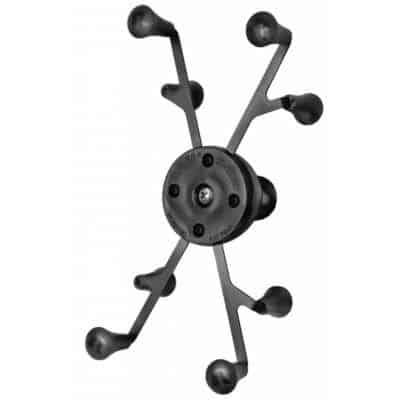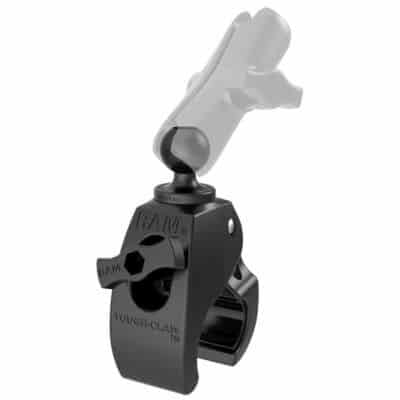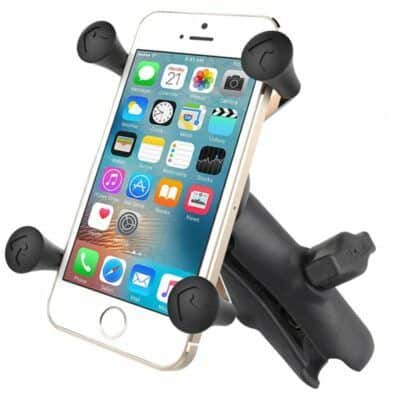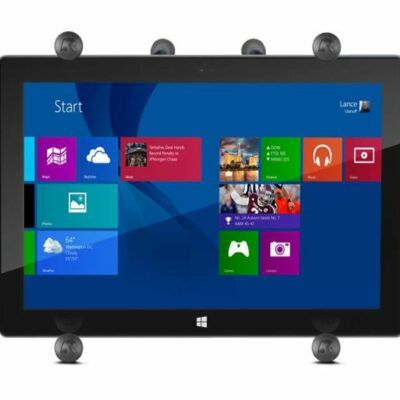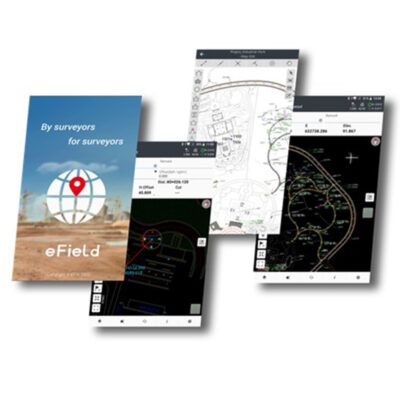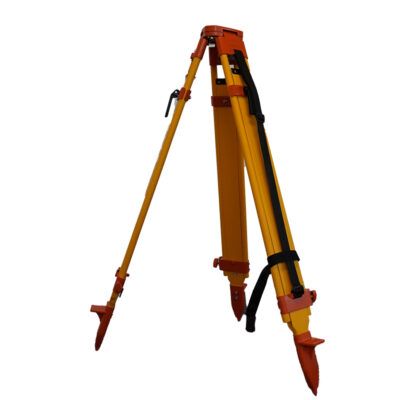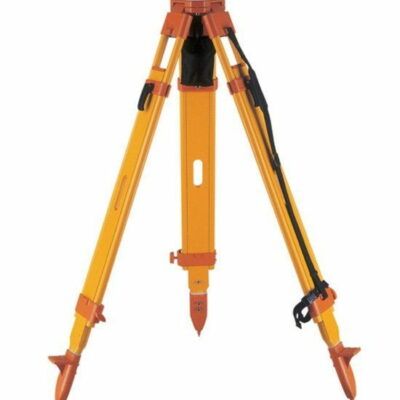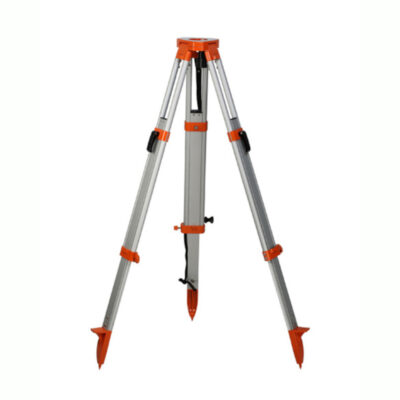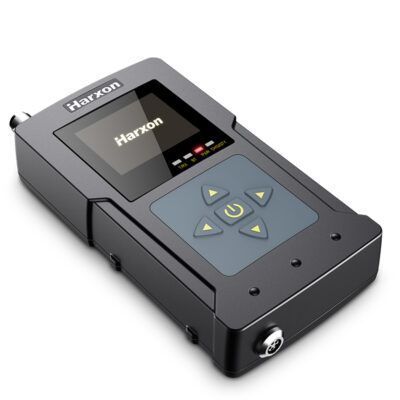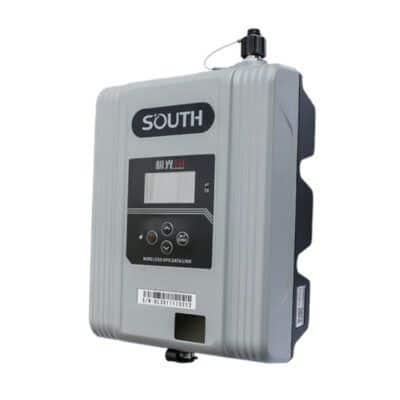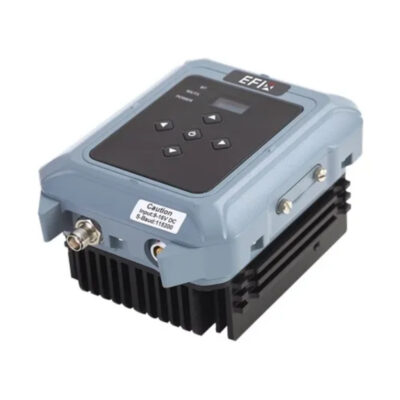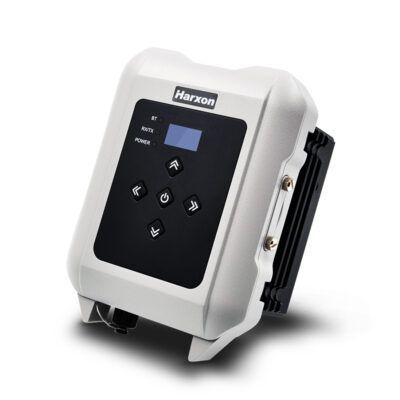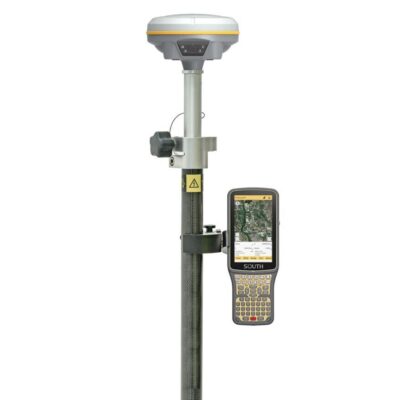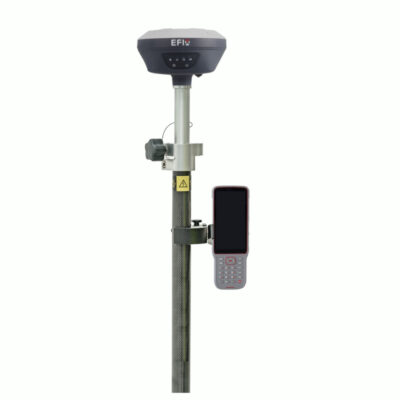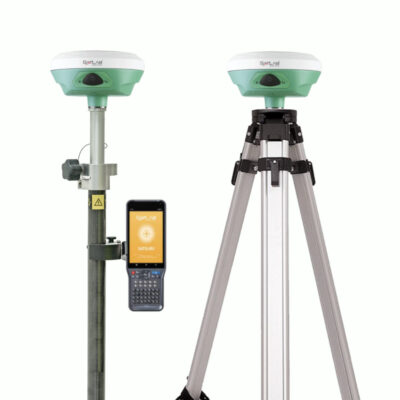GNSS
GPS Accessories for Surveying: The Must-Have Tools for Accurate Results
Global Positioning Systems (GPS) have revolutionized the field of surveying by providing accurate measurements and positioning data. However, to fully utilize the benefits of GPS, surveyors require accessories that complement the system. In this article, we will explore the essential GPS accessories for surveying and their role in achieving accurate results.
GPS Receivers
The GPS receiver is a vital component of the GPS system, responsible for receiving signals from the GPS satellites. Ultimately every GPS receiver does the same, but there are a lot of differences in terms of performance and additional features like IMU tilt sensors and internet modems. Choose the GPS receiver with the right performance and features that suits your surveying job the best.
Need help finding the right GPS receiver? We’re here to help!
popular gps receivers
Data Collector
A data collector is a portable device used to collect, store, and process the GPS data. It serves as the interface between the surveyor and the GPS receiver. The data collector should have a user-friendly interface and enough memory to store large data sets. Some data collectors come with built-in GPS, while others require an external GPS receiver. When choosing a data collector, consider the battery life, durability, and software compatibility.
popular data collectors
Surveying Pole
A surveying pole is used to elevate the GPS antenna to, most of the time, 2 meters. This ensures that the GPS receiver sticks out above you and most objects so they don’t interfere with the sattelite signals coming in. While nowadays most GPS receivers have an IMU tilt sensor to be able to measure accurate while not holding your surveying pole level, the surveying pole should have a bubble level to ensure accuracy for when you’re working with a GPS receiver who doesn’t have an IMU tilt sensor or for when the IMU tilt sensor doesn’t work. It should also have a mounting bracket to attach the antenna and a carrying case for easy transportation.
Controller Bracket
To make sure you don’t have to hold your data collector in your hand the whole time you’re surveying you can mount a controller bracket to your surveying pole. You should choose a controller bracket that fits the size of the controller you’re using. When using a tablet as a data collector you should look for a controller bracket that fits the size of your tablet.
popular controller brackets
Software
The GPS software is used to process and analyze the GPS data. The software should be compatible with the data collector and the GPS receiver. It should have a user-friendly interface and provide accurate and reliable results. Some GPS software comes with built-in features such as mapping, contouring, and geocoding.
popular software solutions
Tripod
When using a rover and base set, one GPS receiver must be positioned at a fixed location to ensure accuracy. A tripod provides a stable and level platform for the GPS antenna. The tripod should be adjustable to different heights and have a quick-release mechanism for easy setup. The material used should be lightweight and sturdy to withstand harsh weather conditions.
popular tripods
Radio Modem
The radio modem is also used when you’re working with a rover and base set. With a radio modem it is possible for your base receiver to transmit the corrected GPS data to your rover receiver to ensure centimeter accuracy. Most GPS receivers have a radio modem built-in but sometimes you need an external radio modem.
popular external radio modems
Conclusion
The use of GPS accessories is essential in achieving accurate and reliable survey results. The accessories complement the GPS system and improve its performance. When choosing GPS accessories, consider compatibility, durability, and functionality. The accessories should also be user-friendly and provide value for money. By investing in quality GPS accessories, surveyors can enhance their productivity, accuracy, and efficiency.
The advancements in technology have made GPS accessories more affordable and accessible. Today, there are a wide variety of GPS accessories available in the market, making it easier for surveyors to choose the ones that best suit their needs. It is also essential to keep up with the latest trends and developments in the field of surveying to stay ahead of the competition.


